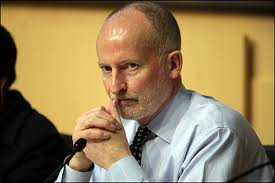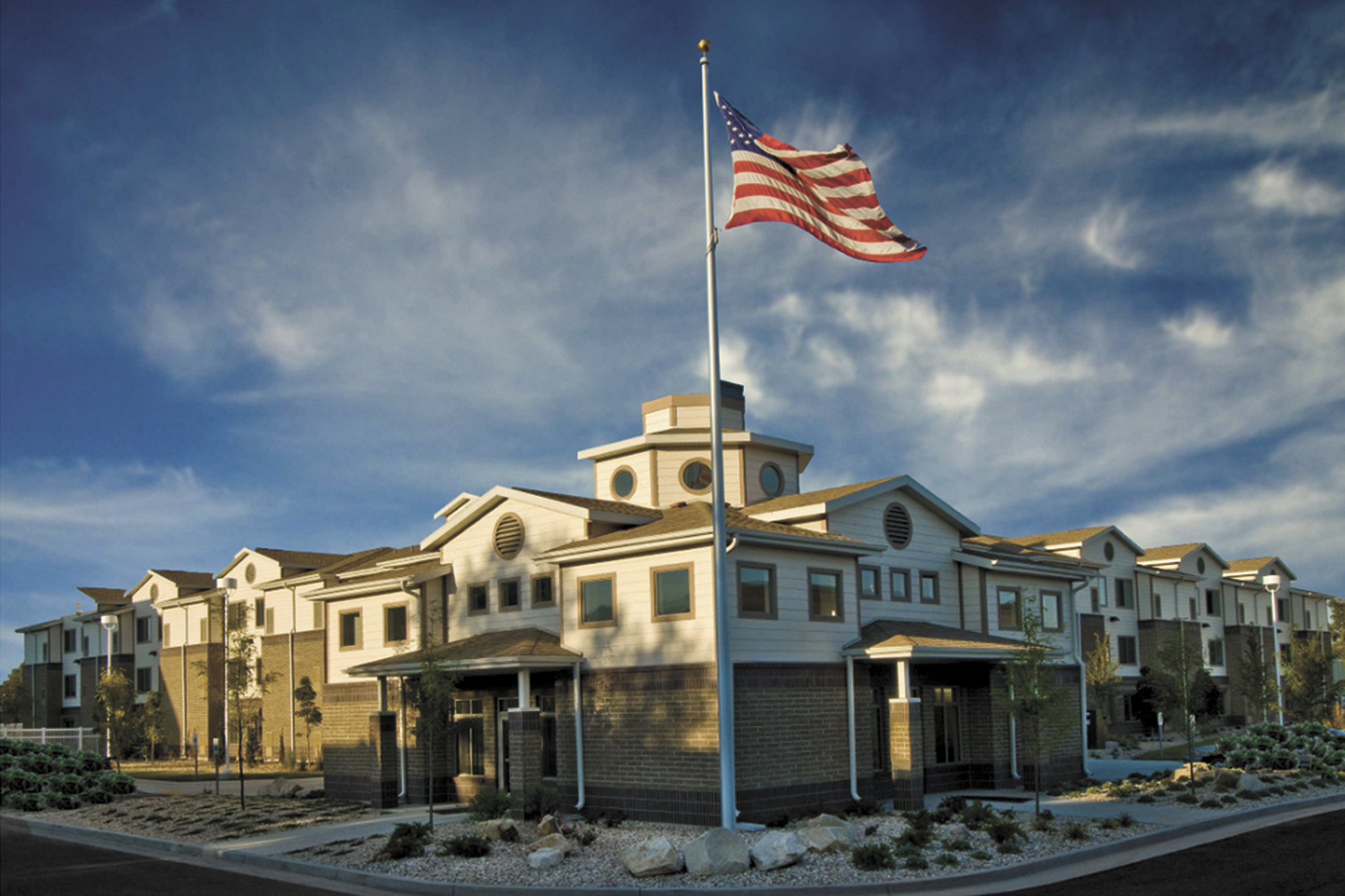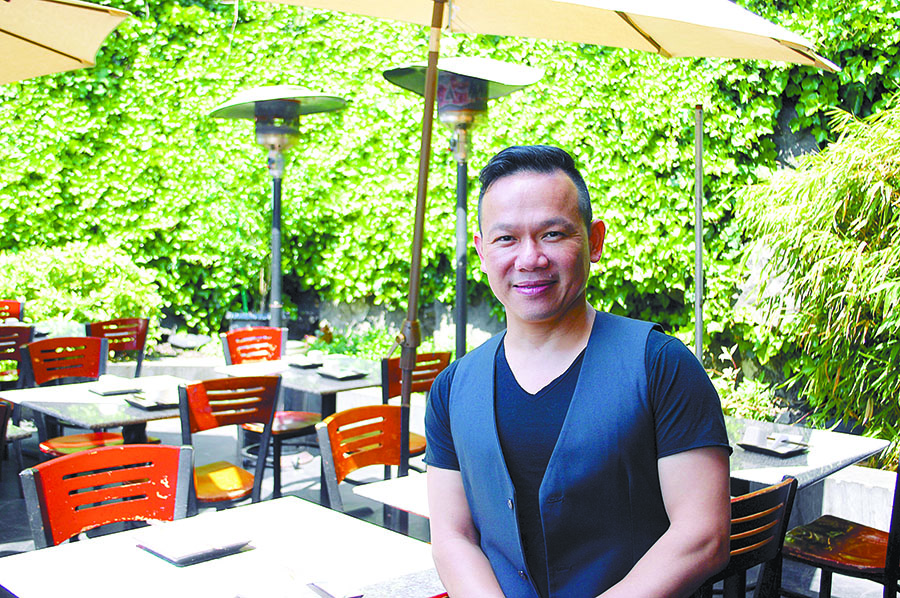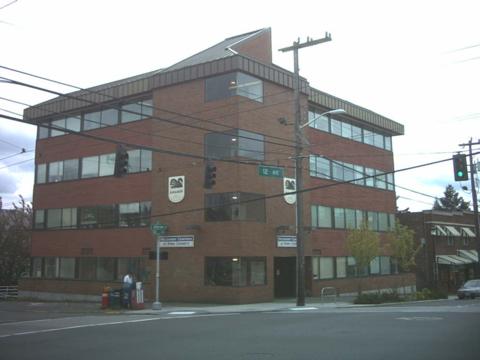In the early afternoon of May 17, just four hours before the deadline for filing, Seattle Council member Tim Burgess made the stunning announcement that he was ending his candidacy for mayor. At the time, Burgess was by a wide margin the most prolific rainmaker of all the contenders in terms of raking in campaign contributions, having raised almost $232,000, of which $100,000 was still on hand.
But things were not going well at all. He’d fired his press spokesman and was working to remake his campaign from the ground up. “We were struggling with our messaging and there was the perception out there that had taken root that Tim couldn’t win, and that took a toll on us.” Burgess tells Seattle Weekly this morning. “I wasn’t doing this campaign to lose.
A month before calling it quits, Burgess reached out to Frank Greer, who has worked for a who’s-who list of politicians over his 30-year career, most notably a young governor from Arkansas who Greer helped to win the White House in 1992. But not even Greer could work his magic this time around. It was simply too late, says Burgess – that he could not overcome the notion that he was too conservative (“which I found ludicrous”) for Seattle’s political tastes.
“The King County Democrats thing was a real blow,” adds the two-term councilman. “They endorsed me two years ago, and now to I wasn’t qualified, yeah, that was a blow.”
Burgess was referring to their endorsement announcement on May 10 (seven days before Burgess bowed out) that gave a thumbs up to all the major contenders – incumbent Mayor Mike McGinn, state Sen. Ed Murray, council member Bruce Harrell and architect Peter Steinbrueck – but conspicuously excluded Burgess.
As endorsement committee, chair Michael J. Maddux told the Weekly at the time, “We are concerned that he doesn’t share our Democratic Party values.”
Indeed, Burgess had failed the Democrats’ litmus test by supporting Rob McKenna for Attorney General in 2004 after Mark Sidran had lost in the primary and for giving a contribution to John McCain in 2000 when, as Burgess wrote on the candidate questionnaire, “he was viciously attacked by the religious right with homophobic and racist slurs.” It mattered not that he’d given 95 percent of all his contributions to Democrats through the years.
Another nail in Burgess’s coffin was a guest column that appeared in The Seattle Times in 2005 in which he wrote that Democrats ought to get “to know and understand people who are driven in life by their faith beliefs.”
This was followed in the same column by a sure-fired deal-breaker (at least in the eyes of King County Democrats) when Burgess added, “We don’t like abortion. We value the sacredness of marriage between a man and a woman.”
Further rankling the group was his support in 2010 to crackdown on aggressive panhandlers and that, as owner of a communications consulting firm, had as one of his clients Concerned Women for America, a Christian activist group known for his anti-choice and anti-gay stances.
Burgess says he has no second thoughts on dropping out of the race. “It was disappointing to me, but it just wasn’t going as I thought it would,” he says. “I’m still not totally sure when my role might be going forward.”
As far as the campaign money raised, Burgess says he soon intends to return to donors all the funds that were not spent during his ill-fated race.
Burgess continues to believe as he said the day he dropped out that “it is critically important that we elect a new mayor,” but would offer no comment as to who, when or if he will endorse one of McGinn’s rivals – though there’s been widespread speculation that Murray is his choice.
“Give me another week,” he says of endorsement plans, “ and then we’ll see.”








